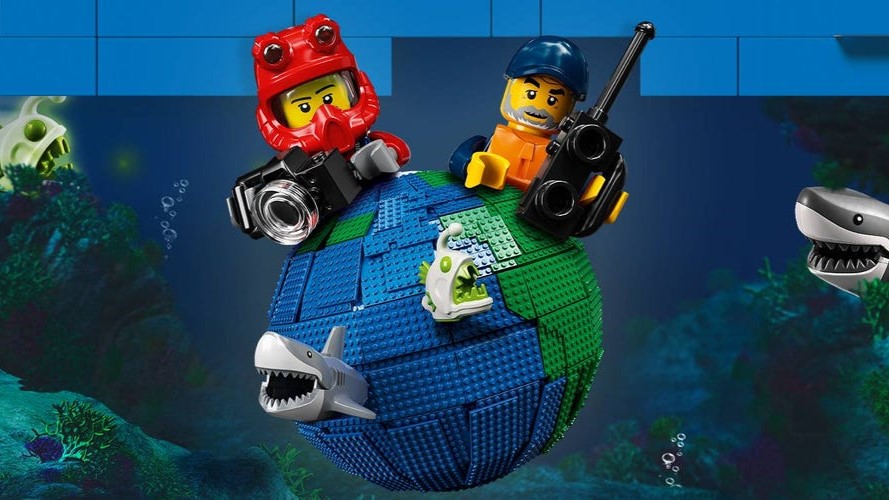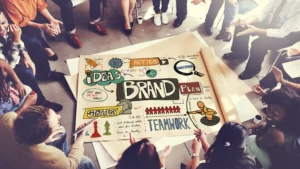Lego, the world-renowned toymaker, has announced a pivotal step in its sustainability strategy, aiming to replace fossil fuel-based plastics with pricier renewable and recycled materials. This announcement coincides with the company’s impressive financial results for the first half of the year, where profits surged by 26% to 8.1 billion Danish krone ($1.2 billion), and consumer sales rose by 14%, outpacing the broader toy industry.
Lego CEO Neils Christiansen attributed the company’s success to its diverse product portfolio, which continues to captivate audiences of all ages and interests worldwide. “Our product portfolio resonates super well across ages and interests,” Christiansen noted, underscoring Lego’s enduring appeal even in a challenging market.
Despite this success, Lego faces significant challenges in its quest to eliminate oil-based plastics from its products. The company has tested over 600 materials in an effort to find a suitable alternative, but has achieved limited success so far. To address this, Lego has shifted its focus to gradually reducing the oil content in its bricks by purchasing certified renewable resin, a raw material that is up to 70% more expensive than traditional plastic. This move is designed to stimulate the production of sustainable materials, which are essential to Lego’s goal of producing all its products from renewable and recycled materials by 2032.
Lego is making progress towards this goal, with more than half of the resin it needs by 2026 expected to be certified according to the mass balance method, a system that ensures the traceability of sustainable materials through the supply chain. Currently, 30% of the resin used in the first half of 2024 meets these standards. Christiansen emphasized that Lego’s family ownership, which is deeply committed to sustainability, allows the company to absorb the additional costs associated with renewable materials without passing them on to consumers.
The market for recycled and renewable plastics is still in its infancy, with much of the available feedstock currently directed towards subsidized biodiesel, which is used in transportation fuels. However, Christiansen expressed optimism about the future, noting a growing willingness to invest in sustainable materials compared to just a year ago. Rival toymakers, such as Hasbro and Mattel, are also exploring greener alternatives. Hasbro has introduced plant-based or recycled materials in some of its toys, while Mattel has committed to using only recycled, recyclable, or bio-based plastics in all its products by 2030. The broader plastics industry remains heavily reliant on virgin fossil fuels, with approximately 90% of all plastic still derived from these sources. Lego’s ambitious plans to transition to renewable and recycled materials by 2032 represent a bold departure from industry norms and position the company as a leader in sustainability within the global toy market.










